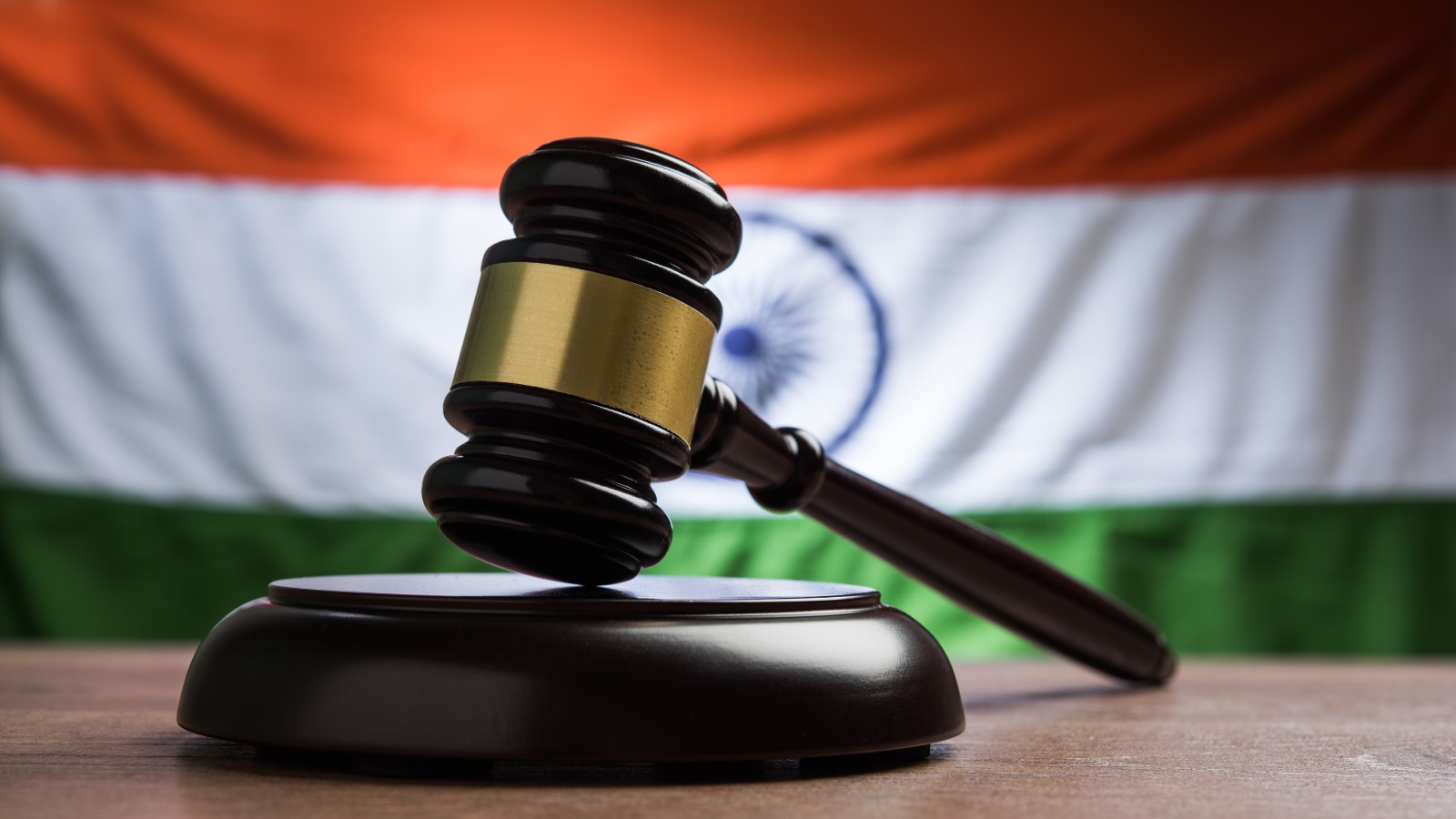Last Updated:
The crux of the father’s argument was that Section 125 CrPC covers maintenance claims for wives, minor children, and dependent parents

The daughter’s counsel did not dispute the legal position but urged the high court to remand the matter back, noting her financial need.
The Allahabad High Court recently set aside a Family Court order directing a father to pay Rs 10,000 per month to his adult daughter, stating that such claims must be pursued under the Hindu Adoptions and Maintenance Act, 1956, and not through the summary remedy provided under Section 125 of the Code of Criminal Procedure (CrPC).
Justice Rajnish Kumar, delivering the order on July 31 at the Lucknow Bench, dealt with a revision petition filed by Anurag Pandey. Pandey had challenged a July 2024 order of the Sultanpur Family Court that required him to provide maintenance to his unmarried daughter, who had filed her application under Section 125 CrPC.
Recommended Stories
The crux of the father’s argument was that Section 125 CrPC covers maintenance claims for wives, minor children, and dependent parents. For adult daughters, the provision is limited to cases where they suffer from physical or mental disabilities. Since his daughter had crossed the age of majority when she filed her claim, Pandey argued, she could not seek support under this route.
The daughter’s counsel did not dispute the legal position but urged the high court to remand the matter back, noting her financial need. He suggested that the Family Court could convert the petition into a civil proceeding under Section 20(3) of the Hindu Adoptions and Maintenance Act, which imposes a duty on parents to support unmarried daughters unable to maintain themselves.
Justice Kumar agreed that the Family Court had erred by blending two distinct legal provisions. “The Family Court…misinterpreting the judgment of the Hon’ble Supreme Court in Abhilasha vs. Parkash, allowed the application under Section 125 CrPC and awarded the maintenance under Section 20(3) of the Act of 1956. Thus, the same is not sustainable in the eyes of law,” the court observed.
The Supreme Court in Abhilasha (2021) had already clarified the distinction: Section 125 CrPC provides quick, summary relief to dependents, while Section 20 of the 1956 Act confers a broader but civil right that must be tested through a full trial. By skipping this procedural step, the Family Court had overstepped.
Accordingly, the high court quashed the Sultanpur court order and remitted the case, directing the Family Court to allow the daughter to move an application for conversion under Section 20(3). Both parties were asked to appear before the court, with the court instructed to conclude the matter preferably within six months.
About the Author

Salil Tiwari, Senior Special Correspondent at Lawbeat, reports on the Allahabad High Court and courts in Uttar Pradesh, however, she also writes on important cases of national importance and public interests fr…Read More
Salil Tiwari, Senior Special Correspondent at Lawbeat, reports on the Allahabad High Court and courts in Uttar Pradesh, however, she also writes on important cases of national importance and public interests fr… Read More
- Location :
Prayagraj, India, India
Loading comments…
Read More




